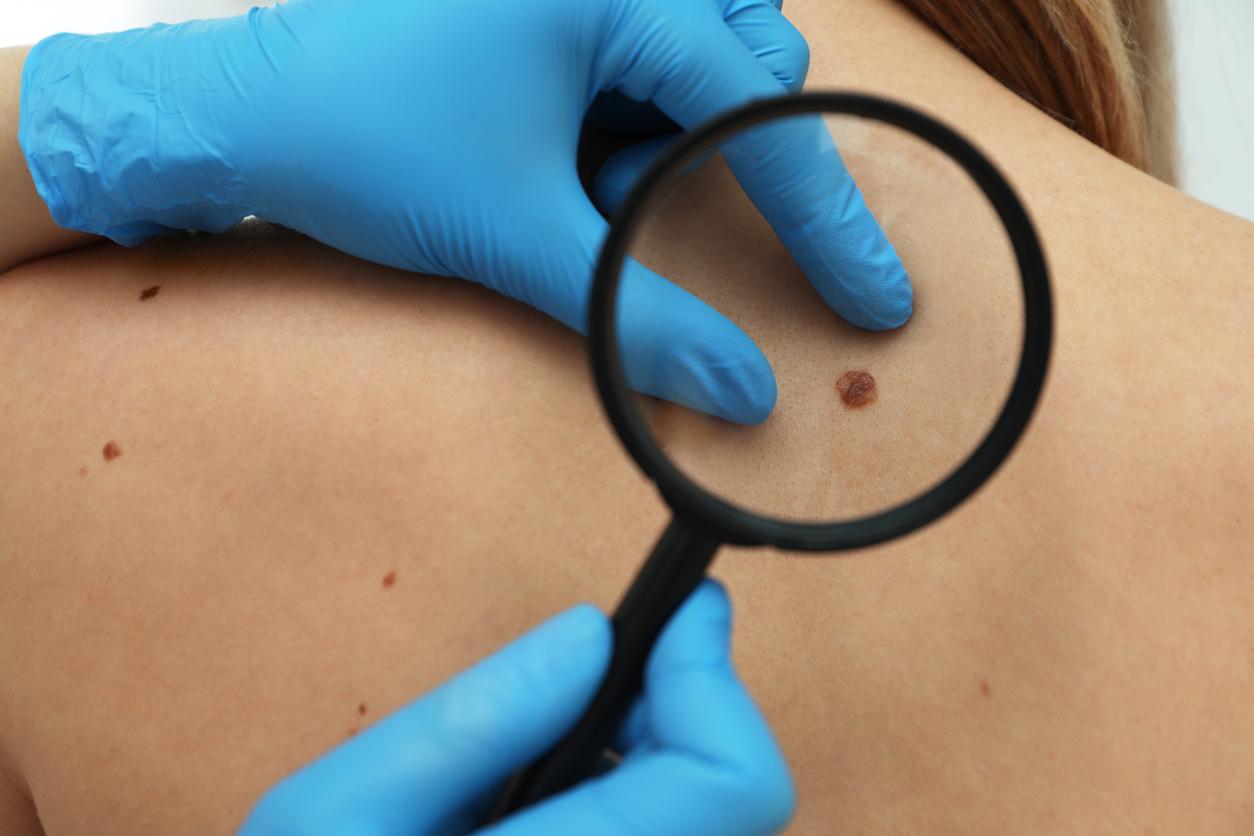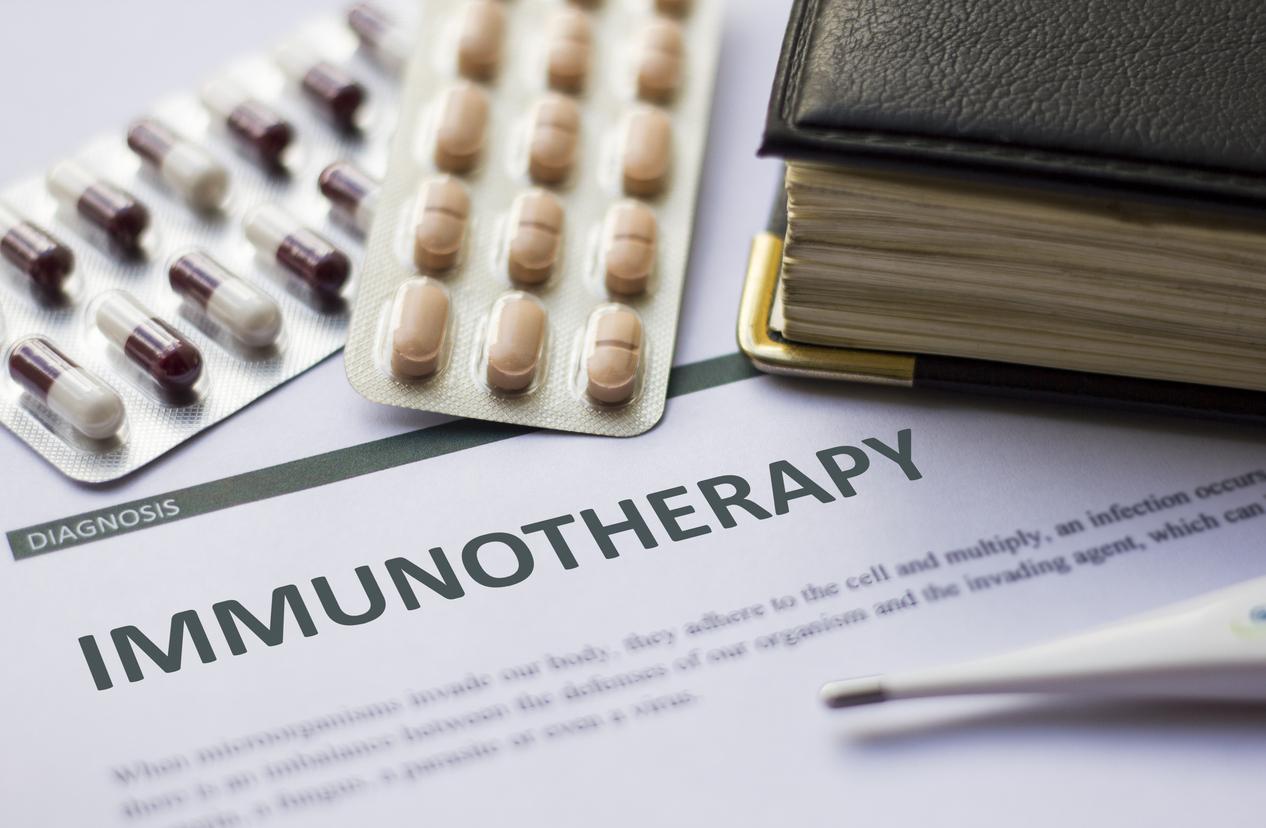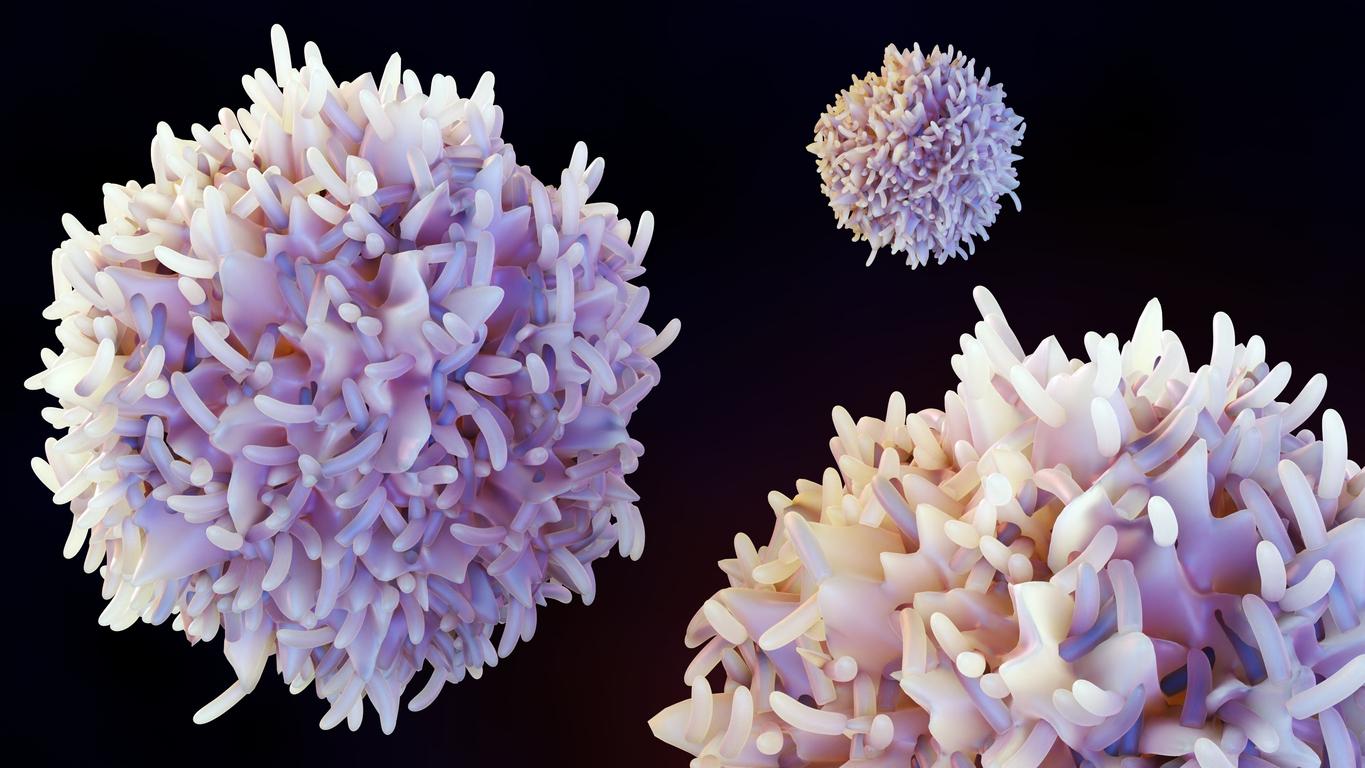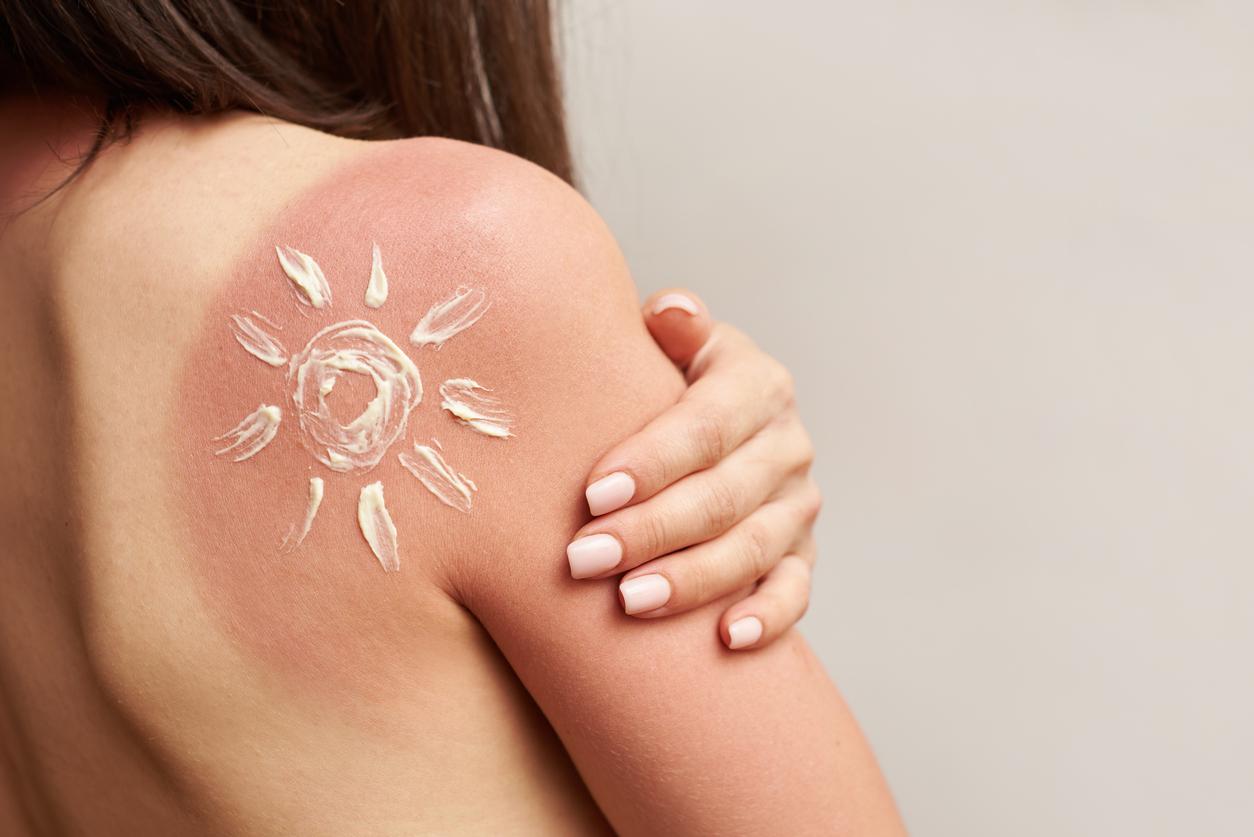On the occasion of screening day, people will be able to be screened for skin cancer using telemedicine. A practice that is developing in other specialties.

For the first time, a large-scale screening operation uses telemedicine. It is on the occasion of the national skin cancer screening day, which takes place this Thursday at the initiative of the national union of dermatologists (SNDV) and with the support of the National Cancer Institute (Inca). In ten departments, where dermatologists are scarce, such as Creuse, Corrèze, or Vosges, doctors from the Mutualité sociale agricole (MSA) will be able to offer their members to be screened using a smartphone and a dermatoscope, the large magnifying glass used by dermatologists. “Non-renewed retirements, moves … For several years, on the occasion of this screening day, we have noticed more and more holes in our national system,” explains Dr Claudine Blanchet-Bardon, vice president of SNDV . For this 15e edition, we had the idea of using telemedicine, teledermatology, to do screening thanks to the partnership of the MSA.
Listen to Dr Claudine Blanchet-Bardon, dermatologist, vice-president of SNDV. “ This initiative concerns members of the MSA, which is interesting because this health insurance fund brings together professionals, such as farmers, who are very exposed to the sun. “
In concrete terms, how does that work ? Volunteer MSA doctors will be able to photograph suspicious moles or spots with the consent of the person coming to consult them. These photos will be sent to a platform of 5 volunteer dermatologists based in Paris, along with information from the medical questionnaire to find out any family history. These specialists then take care of the diagnosis. “It’s very simple, today the technological tools exist, it is enough to train the various operators, underlines the vice-president of SNDV. In addition, the advantage with dermatology is that the diagnostic criteria for melanoma or carcinoma are well defined. “
In the field of telemedicine, dermatology benefits from a certain experience, since some dermatologists already work remotely for certain emergency services in Paris or in penitentiary establishments.
Listen to Dr Claudine Blanchet-Bardon. ” Some dermatologists have been practicing telemedicine for several years for emergency services. “
The initiative launched on the occasion of the national skin cancer screening day shows that health professionals, and patient associations like the Ciss, are ready to accept telemedicine practices. A trend well understood by politicians. The Minister of Health, Marisol Touraine, declared last March during a conference on Telehealth.
“Today we have the possibility of being able to overcome distances. By bringing professionals closer to each other and to them with their patients, telemedicine will allow better care, everywhere in the territory. I want us to move quickly from an experimentation phase to a generalization phase ”.
After multiple reports, including one in 2008 on “the place of telemedicine in the organization of care”, rules of good practice have been established, such as the fact that telemedicine operators are doctors. A national telemedicine deployment plan emerged in 2012. Priority projects were selected. “They concern initially the hospital sector and aim, for example, to ensure permanent imaging care or better management of stroke”, recalled Marisol Touraine during the conference.
An example supported by the Regional Health Agency in Ile-de-France: the DITE-ROP project enables retinopathy of premature babies to be detected by remote expertise. This defect in the vascularization of the retina is a major complication of prematurity. It is responsible for 6 to 20% of poor vision in children. Thanks to this project, a pilot screening device using a wide-field retina camera, allows the neonatal medicine department of the Center Hospitalier Sud Francilien (Corbeil) to benefit from the remote diagnosis of expert ophthalmologists from the Adolphe de Rothschild Foundation (Paris).
“This system, which is comfortable for the child and electronically secure, ensures early detection in accordance with international recommendations. If the evaluation ordered by Ars turns out to be positive, the system could be extended to all neonatal units in Ile-de-France that do not have an ophthalmologist on site, in order to ensure all premature babies have the same chances of screening and treatment, ”explains Dr Michèle Granier, head of the neonatal department at the Center Hospitalier Sud Francilien.
This example concerns healthcare establishments. But for a true deployment of telemedicine on the territory, it remains to involve the doctors of town and rural areas. For this, the health insurance must define prices for these acts of telemedicine.
Listen to Dr Blandine Blanchet-Bardon. ” We show that we are ready, we show how to do it, but the public authorities have to make a decision. “
.
















